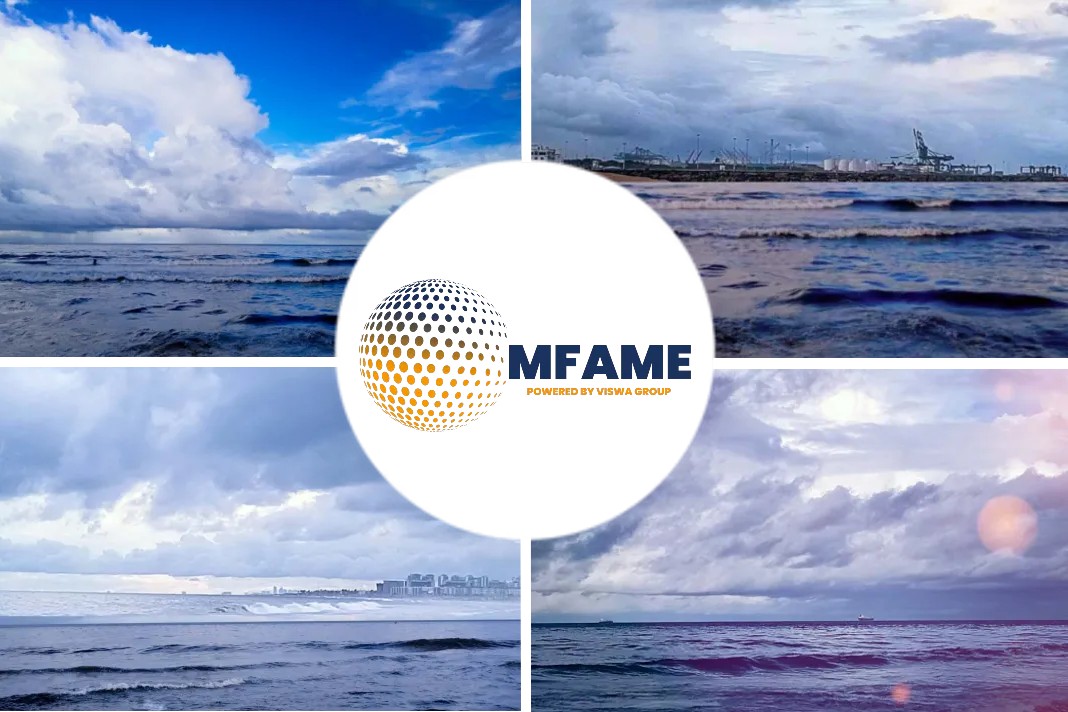 Japan is working on technology innovation to produce methane, seeking to expand the use of synthetic methane as the primary feedstock for domestic piped gas supplies and as a marine fuel, reports Argus Media.
Japan is working on technology innovation to produce methane, seeking to expand the use of synthetic methane as the primary feedstock for domestic piped gas supplies and as a marine fuel, reports Argus Media.
Green Growth Strategy – Decarbonize by 2050
Premier Yoshihide Suga’s government yesterday drafted a revised “green growth strategy” aimed at meeting the country’s target to decarbonize by 2050.
The strategy was originally released in December last year and has since been fine-tuned in line with Tokyo’s tougher 46pc greenhouse gas emissions reduction pledge for 2030.
Domestic gas decarbonization
Japan is now targeting to start feeding carbon-neutral gases, such as synthetic methane and hydrogen, into the domestic gas pipeline network in 2030, replacing a combined 5pc of feedstock.
The government is planning to decarbonize domestic gas supplies by 2050, 90pc of which is made up of synthetic methane and the rest by hydrogen and others.
Sales Fell By 5pc
Japan’s gas sales in 2020 fell by 5pc from a year earlier to 36.3bn m³, according to government data. LNG imports also dropped by 4pc to 74mn t. The country’s piped gas currently comprises 90pc methane, supplied through LNG imports, 5pc LPG, and 5pc ethane.
Methanation Technology
Japan has been working to develop methanation technology — producing methane from carbon monoxide and carbon dioxide (CO2) — since 2017 under the initiative of government research institute Nedo, targeting commercialization by 2030.
Japanese upstream firm Inpex has been co-ordinating with Nedo in a pilot project to produce synthetic methane at its oil and gas fields in Niigata prefecture, exploring the potential of recycling CO2 generated during its domestic natural gas production process. Japanese gas firm Osaka Gas is also working with Nedo on a methanation process using co-electrolysis.
But the government is expecting a large part of the country’s synthetic methane demand will have to be covered by imports, considering the price competitiveness of hydrogen produced overseas. It is planning to promote the development of overseas supply chains and start importing synthetic methane in the late 2020s.
Synthetic methane in place of LNG
Tokyo is also considering replacing part of Asia’s growing LNG demand with synthetic methane as part of efforts to grow the synthetic methane market and help decarbonize other Asian countries.
Japan has provisionally targeted to secure 25mn t/yr of synthetic methane supplies by 2050 at around the same level as the current LNG purchase price.
The trade and industry ministry and other related ministries are to launch a government-private sector council this month to discuss measures to promote the use of methanation and synthetic methane. The member firms are expected to include power and gas utilities, shipping firms, and steel mills.
 IMO New Rules To Reduce Shipping Emissions By 2050
IMO New Rules To Reduce Shipping Emissions By 2050
The revised green growth strategy has the government also targeting to start supplying synthetic methane as an alternative marine fuel by around 2030. The shipping industry has been exploring alternative marine fuels to fulfill the International Maritime Organisation’s requirement to reduce shipping emissions by 50pc compared with 2008 levels by 2050.
K-Line Launched A Two-Year Demonstration Project
Japanese shipping firm (Mol) in 2019 launched a cross-industry working group to examine the use of synthetic methane as a marine fuel to operate LNG-fuelled vessels. Shipping firm K-Line last year launched a two-year demonstration project to capture CO2 on an ocean-going vessel, targeting eventually to reuse it in enhanced oil recovery processes or production of synthetic marine fuel.
Steel mills Nippon Steel and JFE Steel are also participating in Mol’s efforts by exploring the possibility of recycling CO2 generated from their steel operations for the production of synthetic methane.
The steel industry has courted Tokyo’s decarbonization goal by committing themselves to decarbonize by 2050 but has repeatedly urged the government to make efforts to restore the country’s nuclear power capacity.
To Recycle CO2 Into Synthetic Methane
JFE Steel is working on developing technology to recycle CO2 generated from blast furnace (BF) operations into synthetic methane using methanation technology.
The synthetic methane is planned to be used in BFs to replace part of coke as a reducing agent, cutting CO2 emissions.
The firm is also exploring an iron production process using Ferro-coke made from thermal coal and low-grade iron ore, as well as hydrogen-reduction steel production, in efforts to decarbonize its operations
Did you subscribe to our daily newsletter?
It’s Free! Click here to Subscribe!
Source: Argus Media

















